Decarbonisation in Europe: An interview with Carbon Intelligence
This interview is an excerpt from a podcast that was recorded for USGBC Live 2021.
With the target of becoming a net zero economy by 2050 fast approaching, the pressure from government policies and regulations, stakeholders and investors is ramping up for the real estate industry. But what is the outlook in the industry and what are the challenges faced when developing and implementing a decarbonisation strategy?
Ingemar Hunold
(IH) spoke with Cian Duggan
(CD), Founder and Chief Innovation Officer, Carbon Intelligence, a UK based consultancy supporting businesses in their net zero journey.
IH: Cian, you have come a long way with your company to reduce carbon emissions in the building sector. Please tell us a bit about the circumstances under which you initially founded Carbon Intelligence in the UK.
CD: In 2007, the financial crisis was happening around us, and I saw that there was a need for cost reduction, and energy was expensive. The UK in 2008 signed into legislation the Climate Change Act which set the scene for further legislation like the Carbon Reduction Commitment. All of that was the backdrop to Carbon Intelligence.
What we found from the early days was that the data people required to report was not good enough and so there was often a focus on data acquisition and data verification. And the action that was taken off the back of that data collection, was mostly reporting rather than decarbonisation or reduction.
Up until a few years ago, the majority of our clients were asking us to help gather and verify their data. That of course leads to annual or quarterly reporting, and once that starts to happen, people want to really look at decarbonising, because it’s a cost. Along the way, we’ve built a data platform with over 40,000 buildings on it globally, and our clients have started to delve into decarbonising.
It started with legislation, but it has moved way beyond legislation now.
IH: The UK was very early with the focus on carbon and for us as ES, based in Germany, the market here is slowly catching up with the carbon tax, about 10 year after the UK. Today you are advising clients across Europe on their pathways to NetZero. Do you see a major change in the mind-set of your clients today compared to your early days when setting up the business?
CD: It is very different now, there has been a significant change in how valuable the carbon or ESG story is to most businesses. Ten or more years ago, it was pretty much at a middle management or lower level for most organisations, and sat within the health, safety and environment (HSE) function, and environment was a very small part. It wasn’t a topic on most Board agendas.
That started to change some years ago in the real estate world. Like GRESB, that was a game changer, and all of a sudden, investors in real estate funds were starting to ask questions about the overall sustainability of a fund or a building.
It really started to shift as people started to move beyond compliance. So about six years ago, we set up part of our business focusing on strategy – helping companies understand why this was a strategic activity. For most of our clients, net zero really became a topic about two years ago and really took off in the last 18 months or so.
Before that, the idea that there were risks and opportunities associated with carbon, ESG and decarbonisation was something that only the more forward thinking of our clients understood. Fast forward to now, and I think it would be rare to find a company that isn’t aware that there are risks if they don’t, and there may be opportunities if they do look seriously at these topics.
IH: We see a lot of schemes or tools developing in the market which help evaluate and set proper targets such as Science based targets, CRREM or the recommendations of the TCFD, just to name a few. How is your experience applying these in the daily work with your clients?
CD: There are many new frameworks, disclosures and commitments to navigate, particularly for investors. So, I would say that again two or three years ago, only the person (or a couple of people) inside an organisation who were tasked with ‘ticking the box’ to make sure they were ESG compliant would know about these things. Now, the awareness up to the top of the business and down to the bottom, is becoming more widespread. We have been helping our clients understand the different routes available and what steps they need to take.
For example, the Taskforce for Climate Related Financial Disclosure (TCFD) is coming into law in the UK and is being adopted into a lot of organisations as a framework to enable the investment community to understand the risks and opportunities in their portfolios as a result of climate change.
Science Based Targets (SBTs) are in our opinion, a really solid way for a company to commit to targets. You don’t get accredited unless you’ve gone through a very robust and rigorous process. Nearly half of all companies accredited in the UK, we’ve brought through that process.
All of these frameworks, some mandatory and some voluntary – like UNPRI and CDP – all of that is helping and it’s putting the need for better data and more engagement higher up in the organisation. And then of course you have all of the certifications like BREEAM, LEED, NABERS and as you mentioned the CRREM tool, as a framework which helps the engineers understand what the pathway could be.
All of these are immensely valuable. Will all of them survive? Maybe not, but for right now, they’re all helpful.
IH: What are the major challenges you would like to see resolved in the upcoming years in order to make decarbonization pathways more reliable and trackable?
CD: For ten year plus, data has been a challenge. We have managed to develop as an industry, technology that gets data out of buildings. The challenge continues to be getting data from the tenants and occupiers, which you can see is reflected in GRESB scores for example.
One of the big challenges, which is not solved, is the challenge of getting data from all of the people involved. You’ve got the asset owner, the asset manager and the asset occupier and then you’ve got the collection of data from engineers who look after plant and equipment, control systems etc. What we’ve found is that buildings do not get decarbonised unless all of those people are involved.
With our clients, we implement a culture change programme around the data collection and all of the people involved in a building. What we’re finding for the first time is that the net zero conversation is the common language between asset owners, tenants and managing agents who all have net zero targets.
So, the challenge is still there, but it’s getting better. The challenge of getting data from the tenants, the technology is there, so I’m confident we will also overcome that challenge.
IH: I’m glad you gave that answer because what’s coming up a lot is the topic of digitalisation and smart meters but it’s really useful to talk about the people and getting them engaged in the process because that’s what we find is key to the solution.
CD: Exactly, people are essential. If people don’t do something differently, then nothing changes.
You can read more about Carbon Intelligence on their website. If you’d like to talk about support with your decarbonisation journey, please get in touch.









Head Office, Berlin,
Neue Grünstraße 17 | 18 Hof 1 | TRH 3
10179 Berlin
© ES EnviroSustain GmbH 2021




